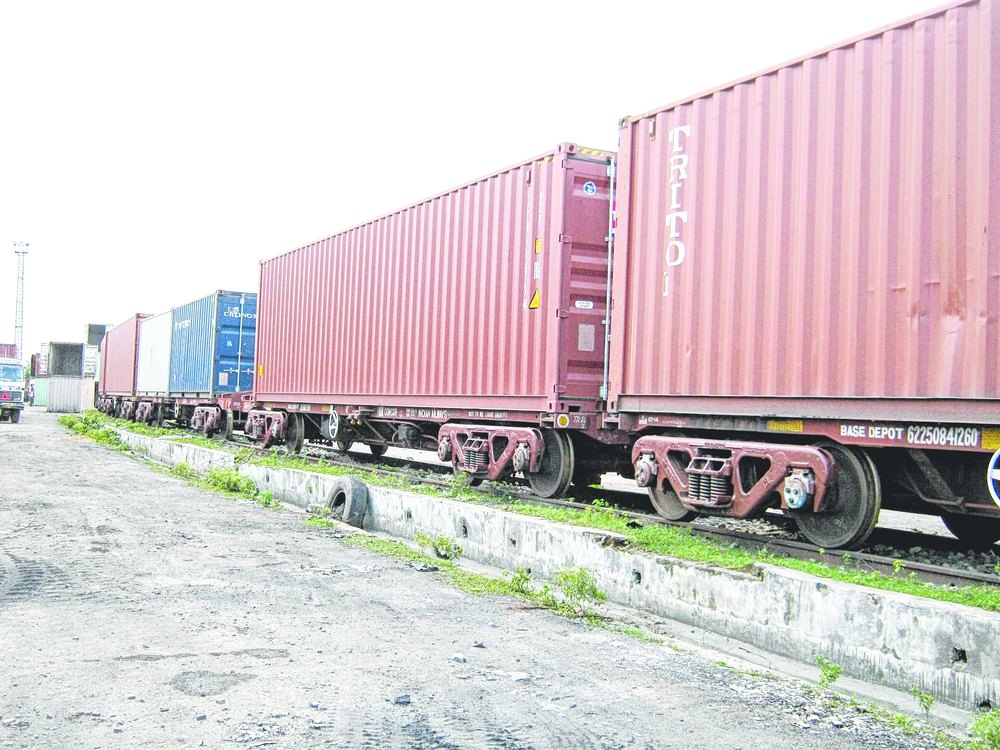
Guwahati, June 11: The Tea Board of India has increased the quantum of assistance to exporters who had to bear the cost of empty containers from the port of shipment to the Inland Container Depot (ICD) located at Amingaon.
The returning (repositioning) subsidy, which was earlier Rs 1.50 per kg, has been increased to Rs 2 per kg in the Twelfth Five Year Plan.
Tea industry sources said this was a major demand because tea exporters are forced to return the empty containers for which they have to pay extra money as there are hardly any imports to the container depot at Amingaon.
A formal notification will be issued soon.
"This will help us to some extent as it was becoming tough to be content with a subsidy of Rs 1.50 per kg," an official of a tea company, which uses the facility, said.
The first rake for this fiscal left yesterday with 25 containers from Apeejay Surrendra Corporate Services Limited. The last rake for the 2014-15 fiscal had left in March.
According to the Tea Board, the claim shall be restricted to teas of Indian origin only, which are shipped from ICD Amingaon.
"Incentive will be provided only for Indian component of teas in case it is blended with imported teas," the board said.
The board reserves the right to withdraw sanction at any point of time, in case it finds that the claim has been filed in contravention of the component norms or is fraudulent in character.
The exporters will have to submit up-to-date returns to the Tea Board's statistics branch in the prescribed proforma before availing of the aforesaid subsidy.
Nine companies are using the facility to export tea to outside destinations.
The rail-linked ICD is under the Container Corporation of India Ltd. In the 2014-15 fiscal, 1,335 containers were shipped whereas in 2013, 2,617 containers were shipped. A majority of the shipments were to the UK followed by the UAE.
Since 1986, when operations had started from ICD, till 2014, 59,573 containers have been shipped.
One of the reasons for decline in shipments last fiscal was the bumper tea harvest in Kenya. As the prices of their tea became cheaper, buyers preferred Kenyan tea at the expense of Assam tea.
"The situation seems to be good as of now as the crop has picked up and there are no external issues. We hope this to be a good year for shipments to improve," the official said.
Companies have been using the ICD facility because of its ease of operations and damage-free exports, for which users are willing to pay a higher cost than shipping out of Calcutta.

